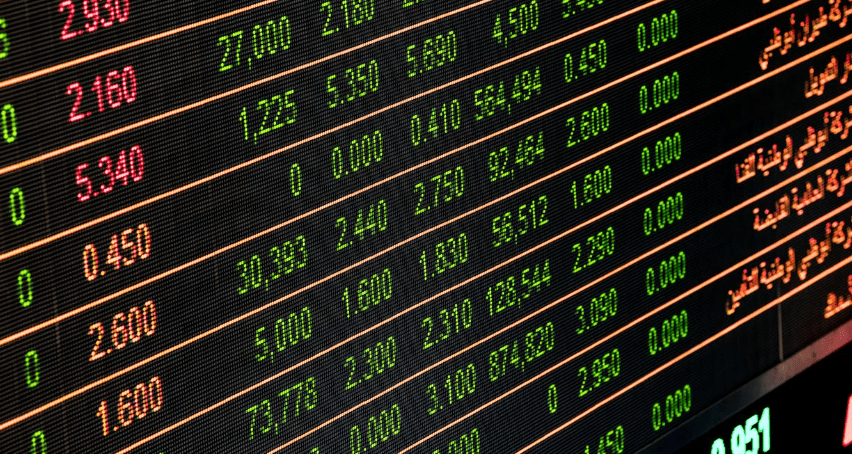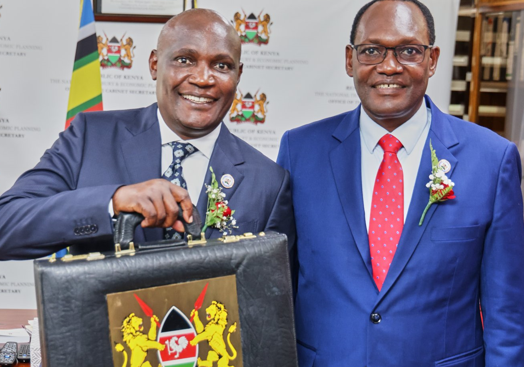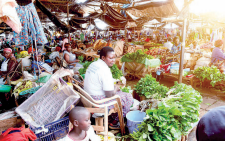Securities market records mixed performance in Q2

Kenya’s securities market experienced mixed performance in the second quarter of the year, driven by currency stabilisation, a successful Eurobond issuance and improved foreign investor sentiments.
The shilling began posting its best performance since the early 1990s in the first quarter of 2024, strengthening by 21 per cent from a record low of 163 per dollar in late January to 129 per dollar in mid-April. It subsequently stabilised, trading between 129 and 132 per dollar in early May. Currently, the shilling is trading at Sh129.
This appreciation follows the Central Bank of Kenya’s (CBK) decision to raise its benchmark interest rate to a 12-year high in February and the government’s restructuring of its external debts, which included the issuance of a heavily oversubscribed Eurobond.
According to the Capital Markets Authority (CMA) second-quarter report ending June 2024, the equity market saw an increase in turnover but a decline in key indices, while the bond market experienced a decrease in turnover despite year-over-year growth.
Financial analysts believe currency stabilisation, successful Eurobond issuance, and increased foreign investor participation contributed to the mixed performance. The appreciation of the shilling against the dollar provided extra returns for foreign investors, helping the Nairobi Securities Exchange (NSE) outperform other African markets in dollar terms.
Successful refinancing of the $2 billion 2014 Eurobond and the easing of inflation contributed to improved market sentiment. The resolution of dollar supply issues and the removal of restrictions placed on the NSE by global index providers further boosted foreign investor participation. The average foreign investor participation in the second quarter of 2024 was 57.29 per cent, down from 60.31 per cent in the first quarter of 2024. “This represents a decrease of 3.02 percentage points in foreign investor participation during the quarter,” said CMA.
Equity turnover
The CMA report indicates that equity turnover increased by 48.91 per cent to Sh28.39 billion from Sh19.07 billion in Q1. Equity turnover refers to the ratio used to compare net revenue and average shareholders’ equity, signalling the efficiency at which companies utilise the equity capital contributed by stockholders.
However, the NSE 20 Share Index and NSE All Share Index declined by 5.47 per cent and 3.18 per cent, respectively, indicating overall slower market growth.
Market capitalisation decreased by 3.19 per cent to Sh1,710.64 billion, and the volume of shares traded saw a slight decrease of 0.65 per cent to Sh1.1 trillion. In the primary market for Treasury bonds, a total of six bonds were issued in the second quarter, comprising six re-opened bonds and seven tap sales, with no new issues. The government successfully raised Sh183.55 billion against a target of Sh185 billion.
However, the secondary bonds market experienced a 29.37 per cent decline in turnover to Sh323.61 billion compared to Sh458.20 billion in Q1 2024. Nevertheless, on a year-over-year basis, bond turnover surged by 119.54 per cent from Sh147.41 billion in Q2 2023.
The derivatives market reported a 44.66 per cent decrease in deals, closing Q2 2024 with 1,005 compared to 1,816 deals in Q1. Turnover dipped by 16.53 per cent to Sh37.18 million from Sh44.54 million, while traded volume spiked by 135.33 per cent to 746 contracts from 317 contracts in Q1 2024.











